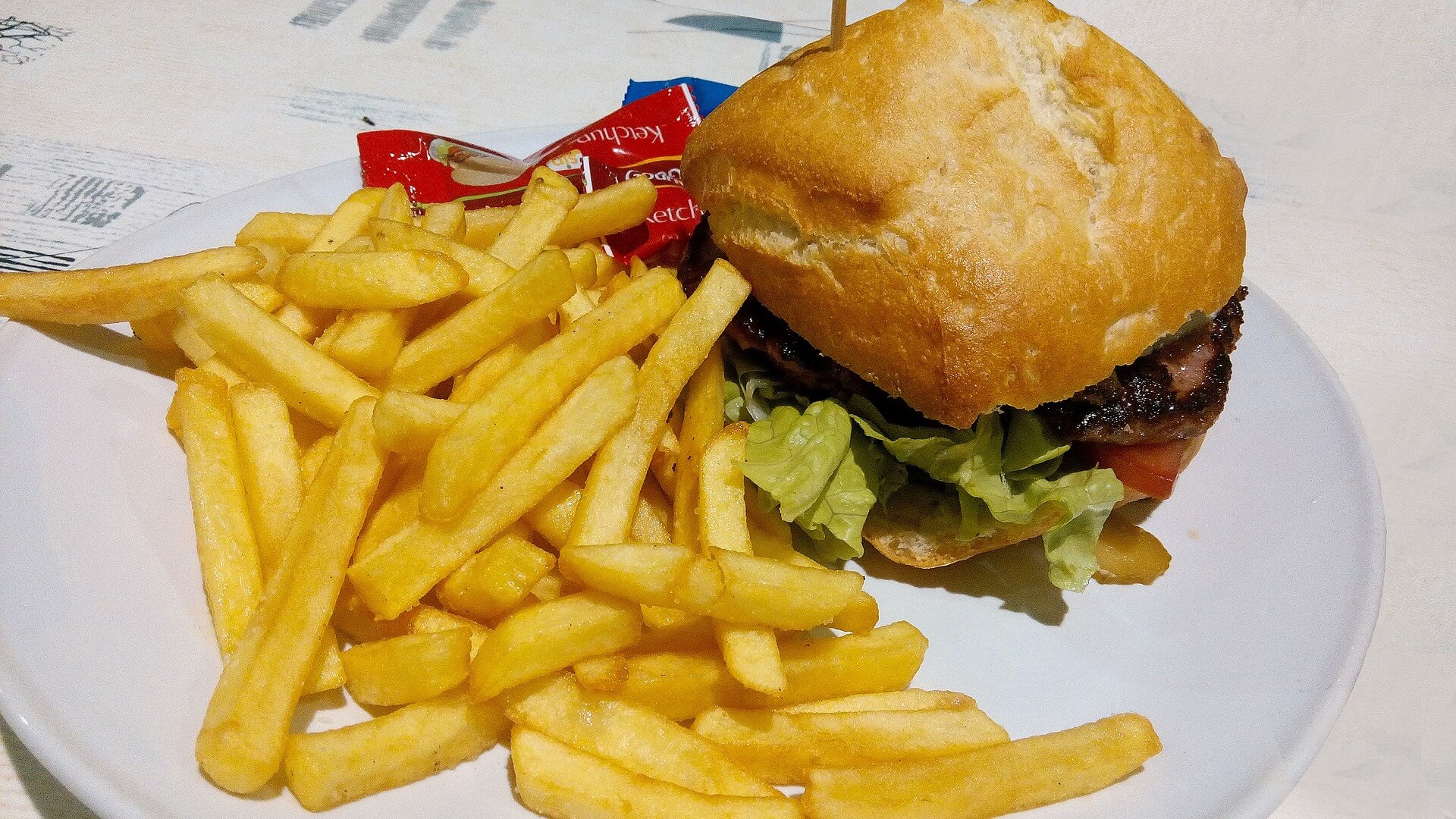How Diet and Exercise Can Affect Your IQ

According to a study conducted by European researchers in 2013, the average IQ in western society has been steadily declining since the Victorian era – by as much as 14 points in the last century. The IQ (Intelligence Quotient) test is one of the most popular methods of ‘testing’ a person’s intelligence. The IQ test has faced criticism over the years, as the method only covers cognitive ability and doesn’t account for other important intelligence factors such as emotion, creativity, or social skills. However, as an elemental test that can measure a person’s cognitive ability to the population at large, it is a helpful tool. Other studies also seem to show a similar trend. Due to an increase in the use of technology, a diet rich in sugars and highly saturated fats, and a decrease in physical activity, we’re collectively, well, becoming stupider.
IQ and Modern Technology
It makes sense, really. With the increase in technology, our lives have dramatically improved for the better – medicine, transportation, safety, education – the list is endless. But the old saying “Nothing is free” might really be true. All of this technology comes at a cost. In this case, our grey matter.
For example, instead of our brains memorizing things like addresses, phone numbers, locations on maps, people’s birthdays, recipes, poetry, or events, most of us just ‘Google it’ now. This is convenient. This means we have a world of information at our fingertips, at all times. This allows us more time to be with family, or work, or travel. But this also means that instead of memorizing or remembering things, we are just memorizing or remembering where we can access that information. And this change is slowly but surely diminishing our intelligence.

Fortunately, you can help reverse this trend by introducing healthy habits like ‘no screen time’ two hours before bed; only checking your email three times a day or less (this has been shown to reduce stress by up to 25%); removing the TV from your bedroom (if you have a TV in your bedroom); and making simple changes like calling or writing a friend a letter instead of saying happy birthday on social media, and trying to remember the phone numbers of close friends and dialing them instead of using speed dial. These are all seemingly minor changes, but they add up over time and really do make a neurological difference.
IQ and Your Diet
As far as a diet rich in sugars and saturated fats goes, we’ve all heard plenty about how these things are harmful to our health over the last decade or so. Eating sugary and fatty foods can increase your cholesterol levels, raise your blood pressure, and escalate the risk for obesity. But now the scientific and medical community are realizing there’s another harmful level to consuming these foods.
A ‘high energy’ diet (high in saturated fats and sugars) can negatively impair cognitive functions such as memory and learning. It can also cause something known as insulin resistance. Insulin resistance is the diminished ability of the body’s cells to respond to the insulin that the pancreas is making. Normally the insulin signals the body to remove glucose from the blood to convert into energy, but with insulin resistance, this process is not effective and leads to high sugar levels in the blood.

You can help prevent this cognitive stagnancy or decline by eating a diet geared for optimal brain function. This includes foods rich in Omega-3 fatty acids (such as flaxseed oil, walnuts, chia seeds, roasted soybeans, hemp seeds, dark leafy vegetables, oysters, sardines, caviar, trout, herring, mackerel, salmon, and tuna); and also foods rich in antioxidants (dark chocolate, red wine, berries, red kidney/black/pinto beans, raisins, barley, broccoli, tomatoes, green tea, and artichokes). These are just a few examples. if you’re really interested, check out the MIND diet. It was created in 2015 by scientists to specifically promote neurogenesis and prevent cognitive decline.
IQ and Exercise
Exercise has been proven to reduce inflammation, improve your mood and sleep, lower stress and anxiety levels, and induce a growth hormone that does a multitude of things like promoting the growth of muscle, bone, and collagen; maintaining healthy body composition, and increasing your fat metabolism. This is also known as the Exercise-Induced Growth Hormone Response, or EIGR.

More specifically, running for just a few days can grow hundreds of thousands of new brain cells. This is according to researchers from the Laboratory of Neurosciences in Maryland collaborating with the Department of Experimental Psychology, Medical Research Council and the Wellcome Trust Behavioural and Clinical Neurosciences Institute in Cambridge.
“In particular, in the hippocampus, a brain region important for learning and memory, running increases neurotrophin gene expression, vascularization, dendritic spine density, and synaptic plasticity. These exercise-induced changes are associated with a robust increase in dentate gyrus neurogenesis in young rodents as well as a reversal of the aging related decline in cell genesis. The positive association between running and neurogenesis has raised the hypothesis that newly born hippocampal neurons may mediate, in part, improved spatial learning associated with exercise.”
Just a few days of running can increase your grey matter. Imagine what a daily, weekly or lifelong habit of running can provide in terms of increased brain cells.
Sources
- , Neuroprotective Diets Are Associated with Better Cognitive Function: The Health and Retirement Study, Study
- , Were the Victorians cleverer than us? The decline in general intelligence estimated from a meta-analysis of the slowing of simple reaction time, Study
- , Google Effects on Memory: Cognitive Consequences of Having Information at Our Fingertips, Study
- , Running enhances spatial pattern separation in mice, Study
- , The exercise-induced growth hormone response in athletes, Study
Latest Articles
 Is Running on a Treadmill Easier Than Running Outside?Runners have their own preferences, whether it is treadmill running, running outside on the road, or exploring trails. So...
Is Running on a Treadmill Easier Than Running Outside?Runners have their own preferences, whether it is treadmill running, running outside on the road, or exploring trails. So... Is It OK to Use Trail Running Shoes on the Road?While trail running shoes can be used on roads, especially in situations where a runner encounters mixed terrains or pref...
Is It OK to Use Trail Running Shoes on the Road?While trail running shoes can be used on roads, especially in situations where a runner encounters mixed terrains or pref... How to Fix Sore Quads After Running?Rest, ice, gentle stretching, and over-the-counter pain relievers can help soothe sore quads after running. Also, ensure ...
How to Fix Sore Quads After Running?Rest, ice, gentle stretching, and over-the-counter pain relievers can help soothe sore quads after running. Also, ensure ... 10 Fruits With The Most Electrolytes to Replace Sports DrinksThese fruits are high in electrolytes such as potassium, magnesium, and calcium, essential for hydration, muscle function...
10 Fruits With The Most Electrolytes to Replace Sports DrinksThese fruits are high in electrolytes such as potassium, magnesium, and calcium, essential for hydration, muscle function...

